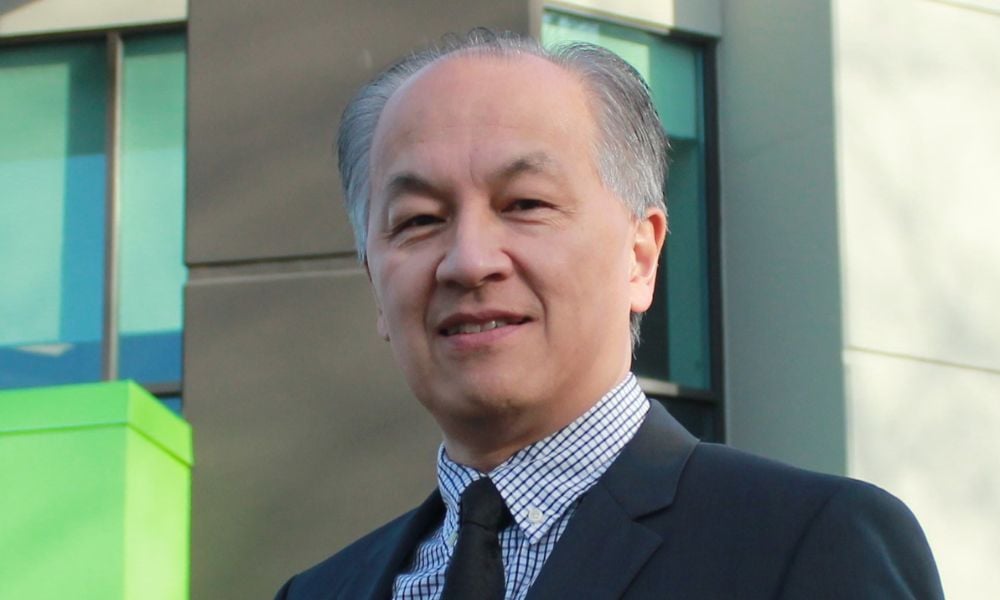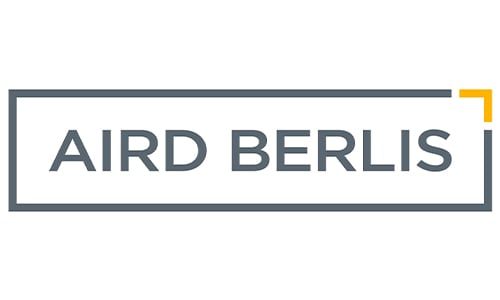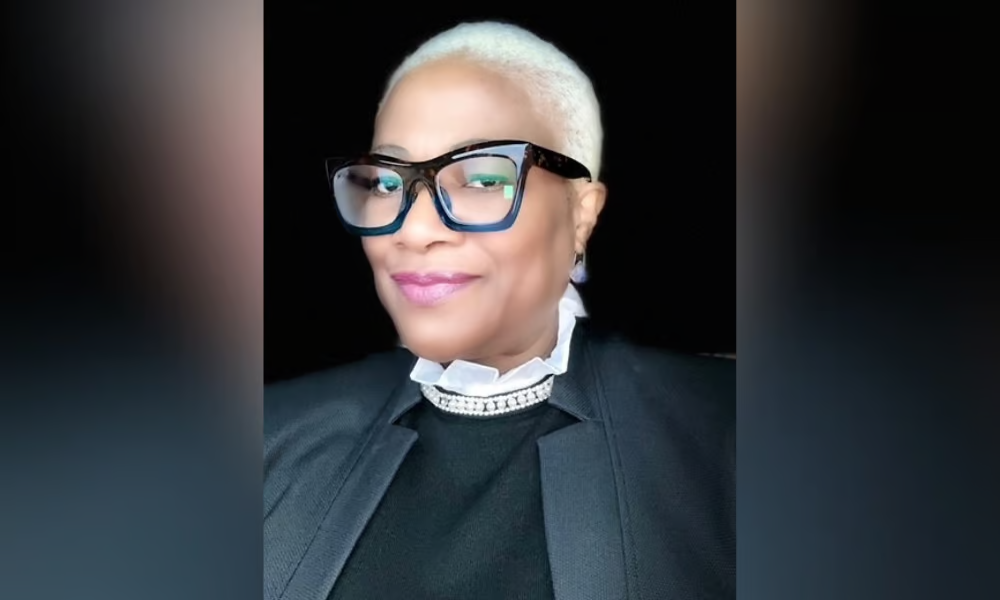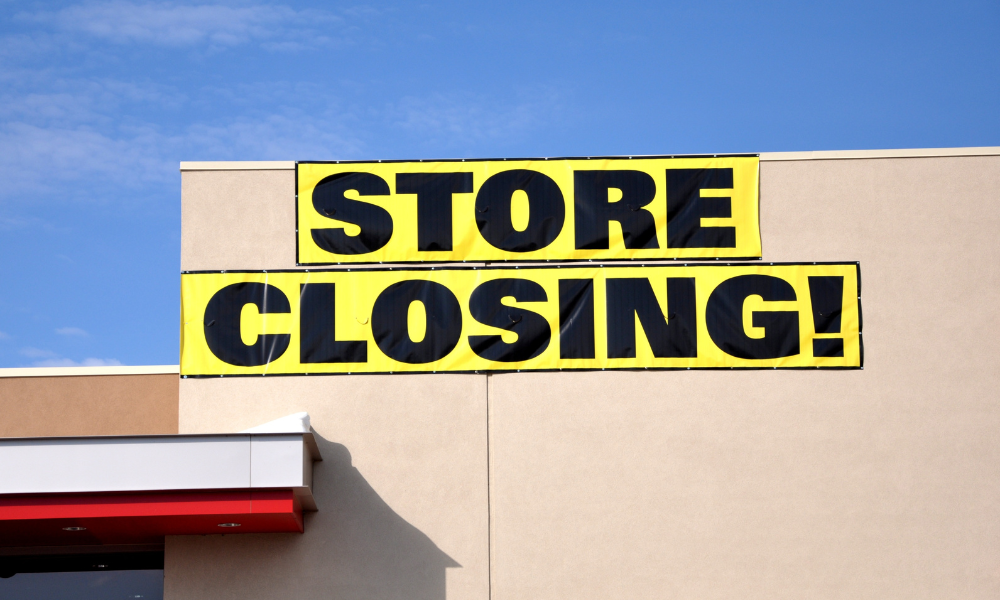When Don Eng started the legal department as in-house legal counsel 30 years ago, at what is now known as Pattison Food Group, the company didn’t even have internet. Now, as vice president of legal and privacy officer at the food giant, Eng says the technological shift over the decades and especially the past few years has been tremendous.
"We've grown, we've expanded,” says Eng. “We've been around for over 100 years, and the face of our business has changed substantially.”
Eng highlights the acceleration of business pace and its legal implications as a critical theme. With the surge in e-commerce, he has seen heightened consumer awareness, particularly regarding privacy rights.
"People are just more aware of what rights they have,” he says. “Business is just moving a whole heck of a lot faster than it was in the past. So, in addition to that, there's lots of expansion into new areas. We started as a retail grocer, and now we're into all sorts of other businesses as well, such as manufacturing, the drug wholesale side, logistics, restaurants and cross-border operations.”
The rapid growth and complexity in the business world demand an acute awareness and adaptation to the changing environment. Eng emphasizes staying current, especially in the past decade, where "technology has… become ever more important than it was before.”

Eng emphasizes listening to the business and team's needs when discussing legal strategy.
"It all comes down to what does the business want? What do your teams want?"
But it’s Eng’s approach to working with external counsel that’s particularly noteworthy. He advocates for maximizing in-house legal work, a strategy that diverges from the traditional outsourcing practice.
"I always tried to do as much legal work in-house as possible," he says. “When I started as an in-house counsel, many decades ago, in-house counsel roles were often as managers of legal work; they would take legal work and they would farm the bulk of it out. Then the law firms would reciprocate with extensions of gratitude (invitations to hockey games, Eng says with a chuckle) – that's the way it worked.
“I took a completely different approach. I said: ‘No, I'm not going to farm the bulk of the legal work out. I'm going to do as much as I can in-house myself.’ This, of course created a whole lot more work for me and when I needed more time, I just worked longer hours into the evenings, weekends and taking no or fewer holidays – I did however surgically reach out to external counsel when a task required certain knowledge and skills outside my expertise.”
This move saw the team grow – from a one-man legal department to a squad of 10 people. Although the work volume has increased, that doesn’t mean Eng and his team can now do everything in-house – he says they still need outside counsel for areas such as labour, litigation and any specific questions that might relate to very specialized/unique circumstances.
This approach has evolved with the company's growth, necessitating a balance between in-house and external legal resources. Eng believes in establishing deep, informed relationships with just a few select law firms, ensuring they understand the company thoroughly when their services are called upon.
"I want you to know who we are… when I pick up the phone,” he says.
Eng is committed to privacy law, foreseeing a future with even stricter regulations. He insists on closely adhering to privacy laws, which might seem straightforward but is often challenged by business interests.
“Even though organizations might want to be associated with good privacy compliance, the real question is, ‘do they actually execute and do it?’ My golden rule is always abide by the privacy laws. And now that new, stricter privacy laws are expected to come down the pipeline, consistent with European privacy laws, privacy rights will become even more important moving forward.
“If people think the current privacy legislation is tough now, the new privacy legislation is going to be even tougher. And we've got to be aware of and prepared for that.”
And if anyone knows the perils and pitfalls of the privacy laws, it’s Eng.
“[Some organizations may not appreciate that] it's actually against the law to do things that are inconsistent with what individual’s privacy rights are,” Eng says. “Organizations really need top-down executive support for the privacy front. Otherwise, it's an uphill battle. You're trying to push a wet noodle up the hill. Getting this executive support from the president downward to support that privacy is key to an organization is critical because if something material goes sideways with the privacy rights, it’s going to hit the front page of the newspaper.”





